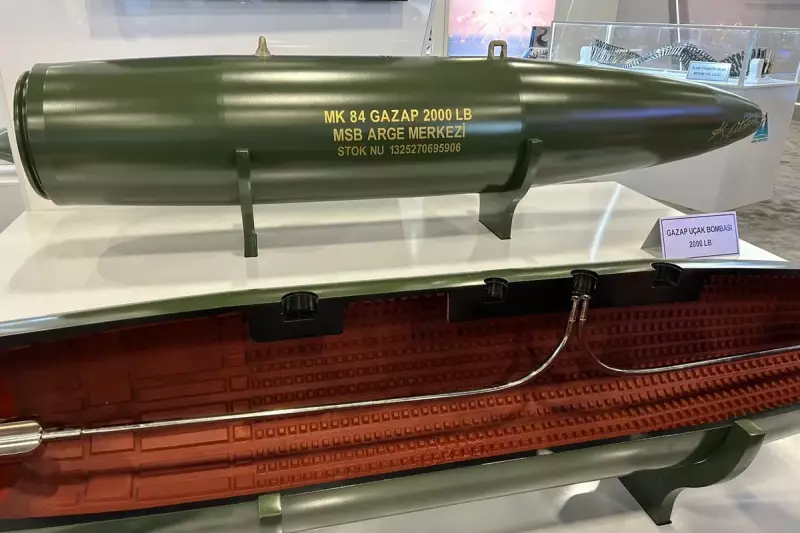
Alarming reports have surfaced accusing Turkey of supplying Russia with thermobaric weapons, a devastating class of arms banned under international law for their indiscriminate effects on civilian populations. This alleged arms deal, if confirmed, would represent a blatant violation of global sanctions imposed on Moscow following its invasion of Ukraine.
The Shadow Arms Trade
Investigative sources claim Turkish manufacturers secretly provided thermobaric munitions to Russian forces through third-party intermediaries. These weapons, often called "vacuum bombs," create horrific overpressure effects that can collapse lungs and level buildings, making them particularly dangerous in urban warfare.
Humanitarian Catastrophe in Ukraine
Military analysts report thermobaric weapons have already been deployed against Ukrainian positions, with devastating consequences. "The use of these weapons represents a dangerous escalation," warned Dr. Lidia Mikhalchenko, a weapons expert at the Conflict Studies Institute. "Their effects on civilian infrastructure and populations are particularly horrific."
International Condemnation Grows
Western governments are reportedly preparing diplomatic responses to these allegations. A NATO spokesperson stated: "Any transfer of prohibited weapons to Russia constitutes a serious breach of international agreements and will not be tolerated." Meanwhile, Ukrainian officials have called for immediate investigations and additional sanctions against all parties involved in the alleged arms transfers.
Turkey's Delicate Position
The Erdogan government finds itself in an increasingly difficult position, attempting to maintain relations with both NATO allies and Moscow. Defence analysts suggest these latest allegations could severely strain Turkey's standing within the Western military alliance.
As evidence mounts, the international community faces pressing questions about enforcement of weapons embargoes and the need for stronger mechanisms to prevent circumvention of sanctions in conflict zones.





